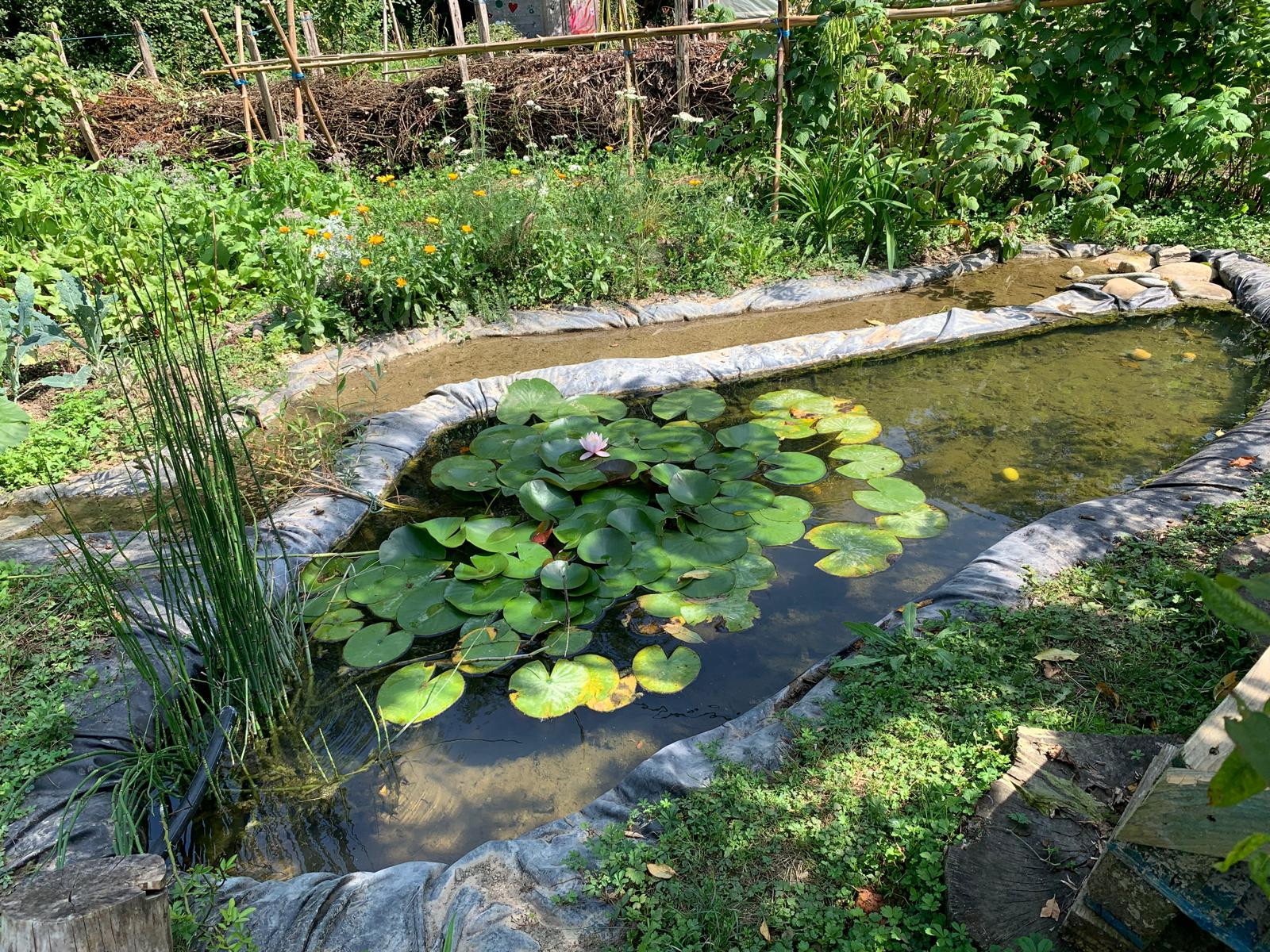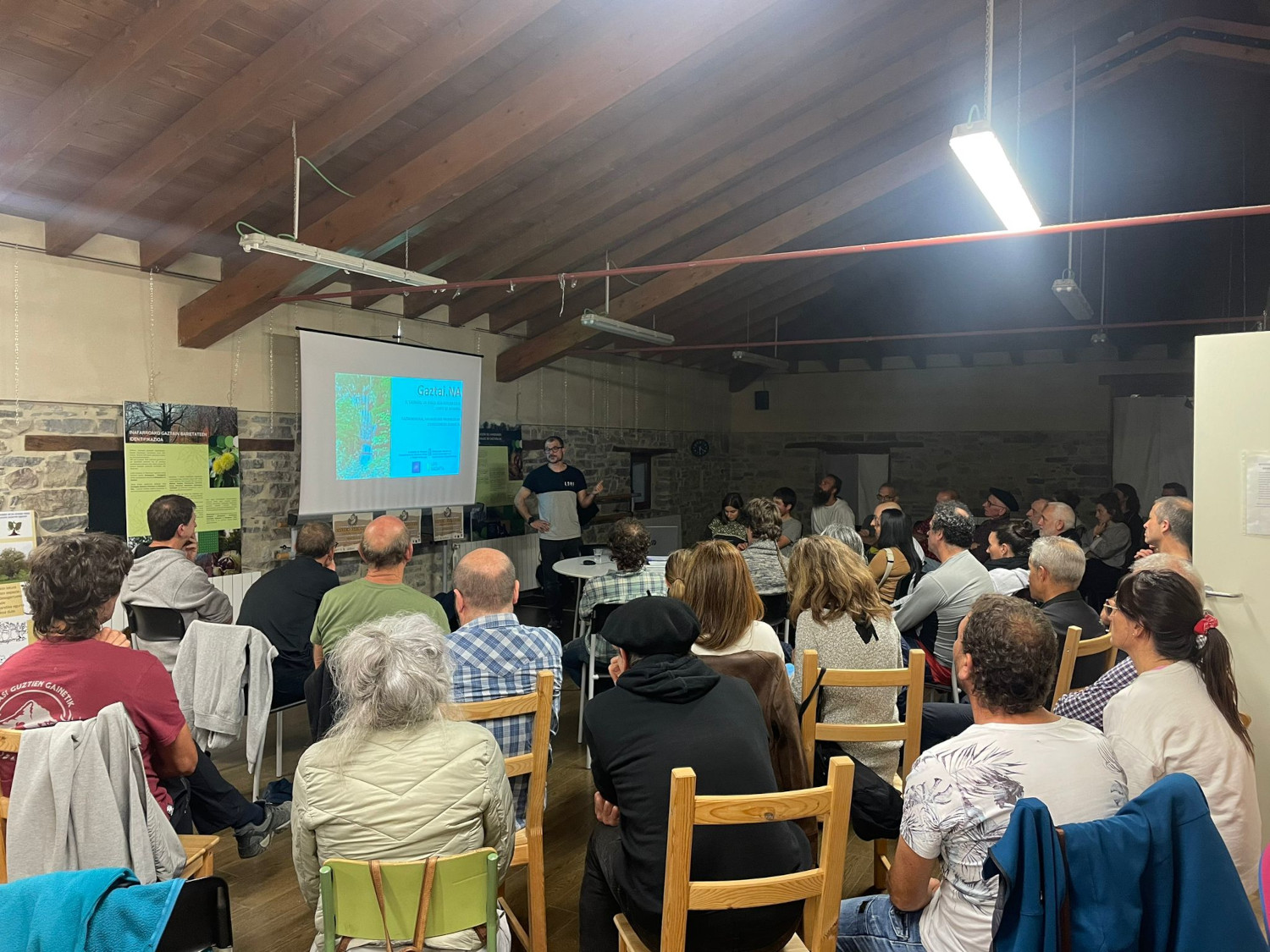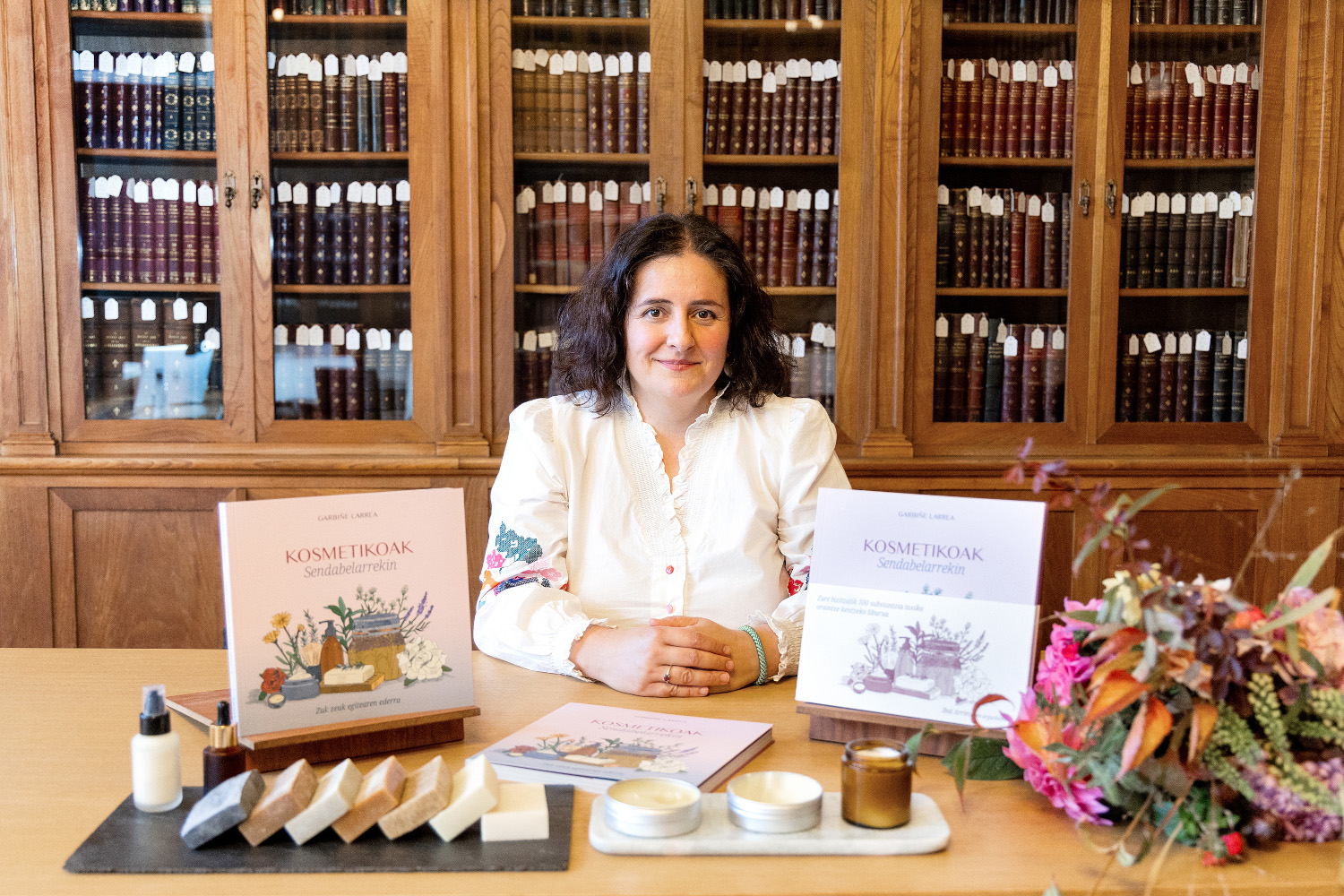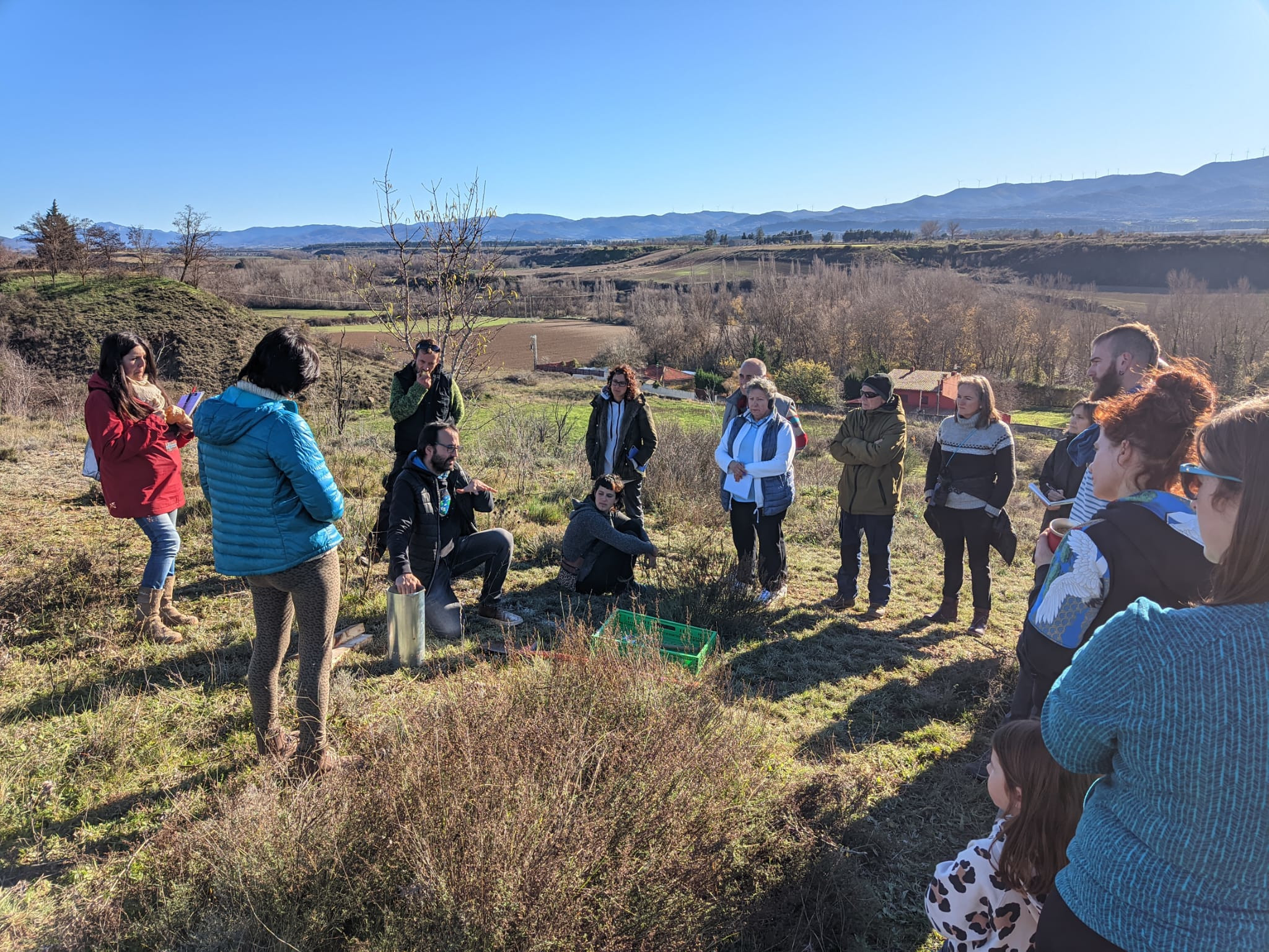Promoting cross-border relations between cereal producers and bakers
- The cross-border project HoBB was born from the collaboration between Hazialdeko of Navarra, the Association of Tomorrow's Land of Ipar Euskal Herria (BLE) and Biolur de Gipuzkoa. “We had contact with each other for a long time around wheat, but somehow the project is a way to formalize those relationships,” said Lorea Lizarreta, coordinator of Intsausti Hazialdea. In Hazialde there are cereal producers, in Biolur they have a bakery team with years of experience in selecting wheat and BLE has been promoting the figure of bread and bread for years. So they have to learn and teach each other.

Four main objectives have been defined in the HoBBea project. One, as has already been mentioned, is to strengthen and consolidate mutual cooperation. Secondly, the gradual recovery of the wheat stocks in the territory: “One of our objectives is to recover the wheat varieties that were grown in the Basque Country and bring them to bread, that is, not to remain in the laboratory.” The third is linked to this second objective, that of knowledge and knowledge. In fact, cereal producers and bakers in all three groups already have a lot of knowledge and experience, and the idea is to share it. “For example, how to farm native wheat varieties agronomically, how to do the bakery process… all that is information that is not in the books,” said Lizarreta.
The fourth and final objective is cultural change. “We will work with both bakers and farmers to explain and disseminate the importance of using local organic foods, but also with businesses and consumers,” he explained. In fact, the main model that has been driven by agro-industry in recent decades is the largest flour house, which has led to the disappearance of many small flour houses, and the same has happened in cereals: “It’s a global market, prices are set in big markets and it’s hard to do alternative ways.” Today's bakery is totally linked to this huge flour industry, and consumers have also become accustomed to this kind of homogeneous bread. The awakening of consciousness and the creation of critical mass are aspects considered important in the elaboration.
First meetings in May
The first meetings of HoBB were held in May in Lower Navarre, and a very positive assessment has been made of them. More than 30 people met among farmers, bakers, bakers, technicians, associations of the world of agroecology and citizenship… “There were interesting conversations and exchanges of views. In that first session we focused on the choice of wheat varieties,” said Hazialdeko’s technician.
The second meetings will be held in autumn in Gipuzkoa. “Looking ahead, the intention is to collect and multiply the wheat varieties that each association has collected and characterized for bread testing.” The Amillubi project, which is being carried out in the Iraeta district of Zestoa, will also include these seeds in a breeding field. “We would like next year to take a step from field to bakery with some of those grains and be able to taste it,” he concluded.






















